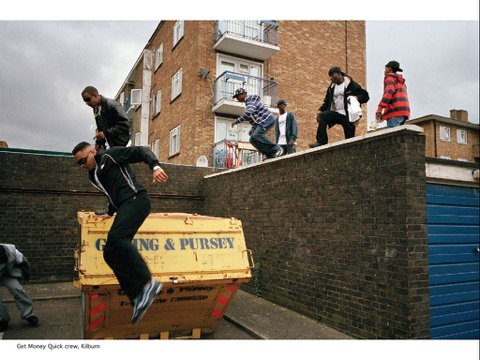
DON'T CALL ME URBAN! The Time of Grime app for iPhone and iPad
Developer: simon wheatley
First release : 13 Nov 2014
App size: 1.23 Gb
The digital edition of DON’T CALL ME URBAN! The Time of Grime adds short films, audio commentaries, music from a new wave of grime producers and updated photographs of legendary emcees to the printed edition of the book that hit no.1 in pop-culture on amazon.com upon its release in 2011. Amongst the topics covered by the new video material are the controversy of the 2012 Olympics in a deprived area of east London, seen through the life of Chronik, a veteran grime emcee, and the youth riots that hit the city the previous year. In the audio clips, a retired emcee and gangster dwells on the rise of gun culture in London’s Caribbean community, a young musician reflects on giving birth as a teenager in jail, and God’s Gift - one of the pioneers of grime - speaks about the early days of the movement and its evolution. Grime, an angst-ridden and confrontational sound, has been the most significant and controversial musical expression to emerge from the UK since punk. Essentially an authentic response to hip hop, it conveyed the hopes and frustrations of an apolitical generation locked into London’s decaying housing estates. A mix of portraiture, social documentary, architectural photography and now videography, DON’T CALL ME URBAN! chronicles the conditions that spawned the genre, highlighting the discrepancy between perceptions of black culture as cool and the often harsh reality of being born on a London council estate, where many black youths reject the urban label that has been imposed on them by commerce and the media. The book takes us through the raw environment from which the urban stars of UK pop music - such as Dizzee Rascal, Wiley and Tinchy Stryder - emerged, and introduces many other hopefuls stranded in bedroom studios hidden amongst concrete blocks. The Time of Grime is an era when clashing and postcode warfare emerge, when young lives fall victim to absurdly trivial disputes, when rampant material aspiration collides with grim social reality. DON’T CALL ME URBAN! is both a record of an important chapter of UK music history and a penetrating social document of an era in which London’s inner-city youth has veered out of control.



